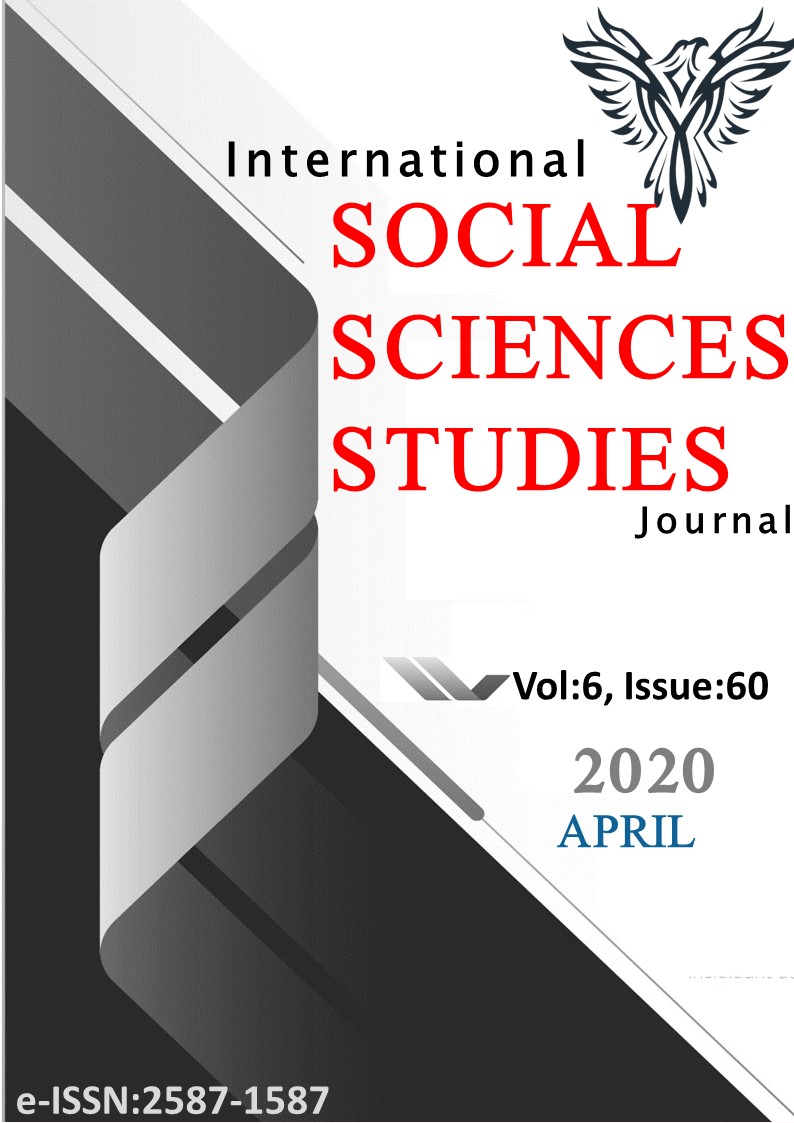Author :
Abstract
Bu araştırmanın amacı, psikolojik danışmanların danışanlarıyla kurduğu terapötik ittifak ile bağlanma stilleri arasındaki ilişkide genel öz yeterlik inançları ve psikolojik danışma öz yeterlik inançlarının aracılık rolünü incelenmesidir. İlişkisel tarama modelinin kullanıldığı araştırma, en az 1 yıldır alanda çalışan ve haftada en az 1 psikolojik danışma yapan 421 okul psikolojik danışmanı üzerinde gerçekleştirilmiştir. Araştırmada veri toplama araçları olarak, Terapötik İttifak Ölçeği: Psikolojik Danışman Formu, Kişilerarası Bağlanma Stilleri Ölçeği, Psikolojik Danışma Öz Yeterlik İnançları Ölçeği ve Genel Öz Yeterlik Ölçeği kullanılmıştır. Hipotez test modelinin analizi için AMOS kullanılmış ve değişkenler arasındaki ilişkiler yol analizi ile incelenmiştir. Bulgular, psikolojik danışma öz yeterlik inancının, genel öz yeterlik inancına göre terapötik ittifakı daha fazla yordadığını ve bağlanma stilleriyle terapötik ittifak arasındaki ilişkide genel öz yeterlik inancına göre daha güçlü aracılık rolüne sahip olduğunu göstermiştir. Bulgular, alanyazın ışığı altında tartışılmış ve ileride yapılacak araştırmalara çeşitli önerilerde bulunulmuştur.
Keywords
Abstract
This study aimed to examine the mediating role of psychological counselors’ general self-efficacy beliefs and counseling self-efficacy beliefs in the relationship between the therapeutic alliance that is established by them with their clients and their attachment styles. The study, which used the relational screening model, was carried out on 421 school counselors who had been working in the field for at least 1 year and had been conducting at least 1 psychological counseling session a week. Data collection tools included Therapeutic Alliance Scale, Psychological Counselor Questionnaire, Interpersonal Attachment Styles Scale, Psychological Counseling Self-Efficacy Beliefs Scale, and General Self-Efficacy Scale. AMOS was employed to analyze the hypothesis test model, and the relationships between the variables were examined using path analysis. The findings revealed that counseling self-efficacy belief predicted the therapeutic alliance more than the general self-efficacy belief and that it had a stronger mediating role in the relationship between attachment styles and therapeutic alliance than the general self-efficacy belief. The findings were discussed in light of the literature, and various recommendations were made for future research.





